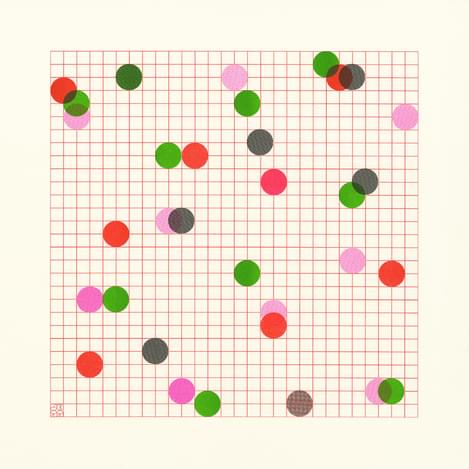Akusmi's Fleeting Future is is modern composition at its most convincing
"Fleeting Future"

Ninety years later, Daniel Schmidt and the Berkeley Gamelan recorded a remarkable and justly-celebrated sequence, Into My Arms, Many Flowers, that highlighted its continuing seductiveness, and of course Eastern sonics were very much part of the minimalist movement in the U.S. and Europe. Now, in the third decade of the twenty-first century, gamelan retains its power to beguile and inspire in contemporary compositions such as this fine album, on the new Tonal Union label, by London-based French composer and multi-instrumentalist Pascal Bideau (aka Akusmi) of music as charged, exciting and enveloping as an electric storm.
This is achieved through his using the gamelan’s slendro scale as the basis, and then overlaying a remarkable mix of instruments, rhythms and Western styles, from minimalism to Motown and more than few points in between. From an academically-considered musical perspective, it really shouldn’t work; but it does, and often gloriously so because Bideau brings a spirit of intelligent sympathy rather than mere indulgent experimentalism to the possibilities of sound integration.
The title track takes a simple sequence of notes that calls to mind Steve Reich, and builds swirling patterns before concluding with a short, delightful, spare jazz-blues section. Daniel Brandt (whose 2018 album Channels, on Erased Tapes, is well worth investigating) provides consistently thoughtful drumming that ensures solidity whatever the musical direction taken, such as on “Sarinbuana” where he pulls the ensemble back after an adventurous saxophone deviation by Ruth Velten.
Too often, modern musical collages can be an uncontrolled mess of so many things that ultimately signify nothing very much. However, Bideau’s disciplined creativity ensures that the individual components cohere delightfully. “NeoTokyo” evolves from as simple riff to a complex combination of effects that successfully brings together sounds evocative of Varese, Glass and a speeded-up version of one of Morricone’s more sinister scores.
The forceful rhythm patterns provide the unifying element across the album, enabling Bideau to take a range of innovative routes, varying the pace such that the gorgeous slow jazz sax towards the end of “Longing For Tomorrow” plays effectively against a vigorous but not intrusive background.
As with most minimalist works, certain figures recur, but the stylistic range of Bideau and his colleagues is such that there is never a drift into predictability. This is modern composition at its most convincing, taking ideas from different styles, ages and cultures, and pushing them forward in new combinations along new avenues.
Get the Best Fit take on the week in music direct to your inbox every Friday

Lorde
Virgin

OSKA
Refined Believer

Tropical F*ck Storm
Fairyland Codex





